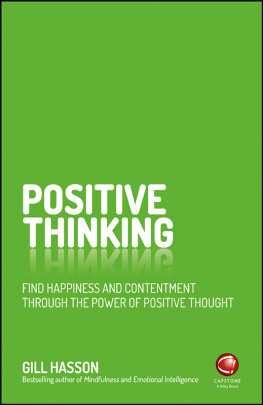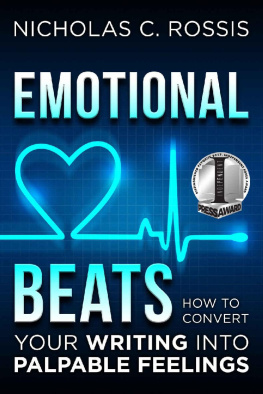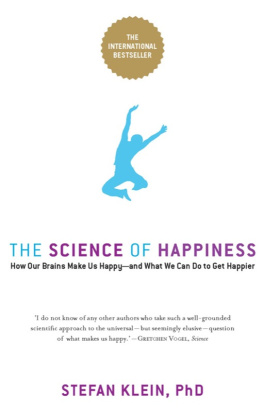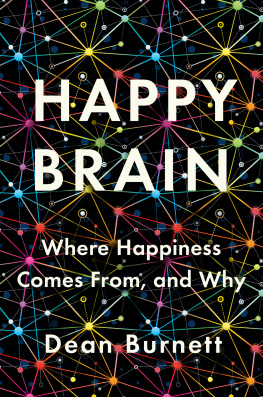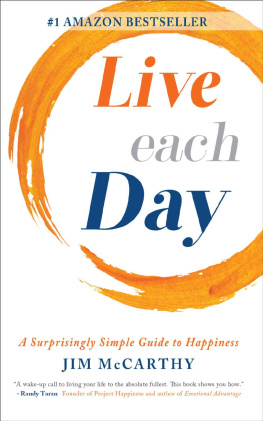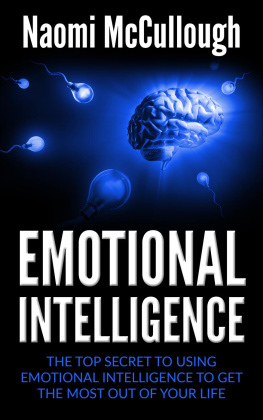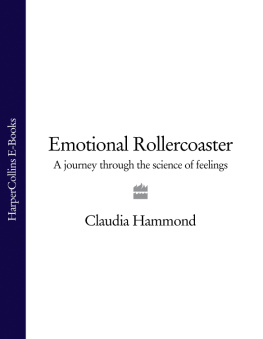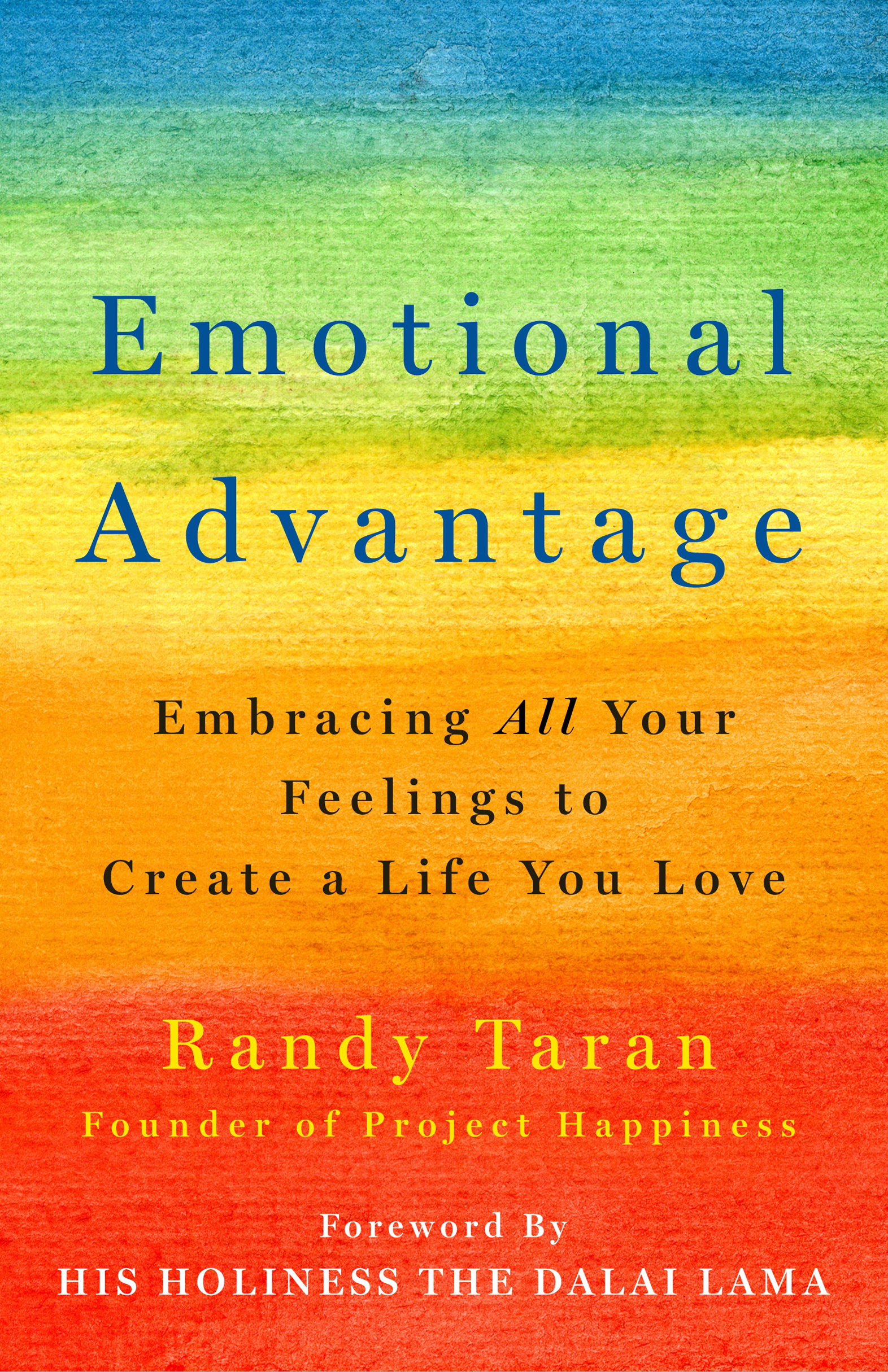The author and publisher have provided this e-book to you for your personal use only. You may not make this e-book publicly available in any way. Copyright infringement is against the law. If you believe the copy of this e-book you are reading infringes on the authors copyright, please notify the publisher at: us.macmillanusa.com/piracy.
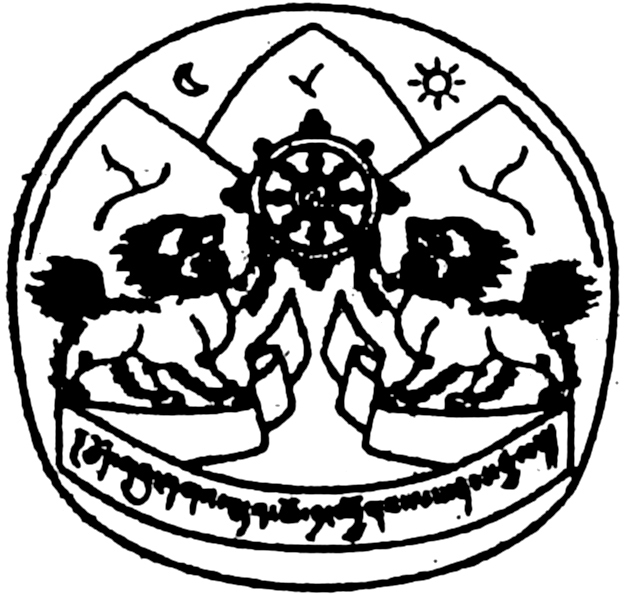
THE DALAI LAMA
T HE MORE I SEE of the world, the clearer it becomes that no matter what our situation, whether we are rich or poor, educated or not, of one race, gender, religion, or another, we all desire to be happy and to avoid suffering. The purpose of life is happiness.
By happiness I do not only mean the temporary pleasure of comfort alone. I am thinking more of the enduring happiness that results from the thorough transformation and development of the mind. This can be achieved by cultivating such qualities as compassion, patience, and wisdom. If you are able to develop these on a personal level, you will immediately find that they are a true source of happiness.
We can all achieve peace and happiness, because we all possess some basic good human values. For example, if you can be friendly and trusting toward others, you become more calm and relaxed. You lose the sense of fear and suspicion that we often feel about other people, either because we dont know them well or because we feel they are threatening or competing with us in some way. When we are calm and relaxed, we can make proper use of our minds ability to think clearly, so whatever we do, whether we are studying or working, we will be able to do it better.
Randy Taran, in this book, provides an opportunity for people to look beyond narrow self-interests, to find out and consider what is of interest and benefit to others. The idea of the basic sameness of human beings is as simple as it is true; we all want happiness. We can learn much from each other, for understanding each others needs also means respecting peoples natural desire to make their own choices.
It is tremendously important that we try to make something positive of our lives. We were not born in order to cause trouble and harm. But for our lives to be of value, we need to foster and nurture such basic good human qualities as warmth, kindness, and compassion. If we can do that, the happier and more meaningful life can be for everyone.
His Holiness the Dalai Lama
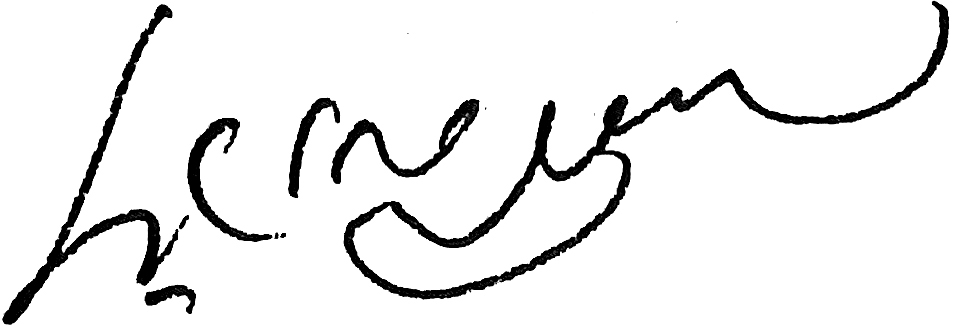
H AVE YOU EVER HAD an emotion that hijacked your mind, and you didnt know where it came from or what to do about it? Have you ever felt that diving into that emotion was something you would rather not do at that moment? Join the human race! We dont have a problem with the emotions we approve of: happiness, acceptance, desire, and lovebring em on. Its the other side of the emotional spectrum that bothers us: the iceberg of fear, the flames of anger, the cave of despair. How fast can we run? Its hard enough to live through these challenging emotions, never mind make sense of them. And its not like they wait patiently to be looked at, eitheremotions change dramatically from one minute to the next. Sure, we are supposed to be with our emotions, but for most people, they would rather be anywhere but.
I know this feeling well. For so many years, I favored the happy side. I was the optimistic one, the one who found solutions to every problem, and the one who could find the good in every situation. But that all changed one day, sitting at the kitchen table with my teenager, who said to me, Mom, Im stressed out. I want to be happy, I just dont know how. Every cell in my body ached to help, but every solution I tried to offer did not resonate even one bit. I sought out experts only to discover that, according to the World Health Organization, depression is now the leading cause of suffering worldwide. That means in our own backyard, and in every country globally, women, men, and children are suffering. And the thing is, were not talking about it nearly enough; the stigma is still real.
The stigma and the accompanying silence are territories that I do know well. My grandfather had been suicidal, my mom had chronic depression, and on my dads side of the family, my aunt was schizophrenic. My sister faces these challenges, too. Every family has its issues, and, of course, I was not immune. So you can imagine, after the conversation around the kitchen table, my inner alarms were piercingly loud. While I was a child, I was in no position to help my mother, but now that I was a mom myself, I would do anything to help my child.
This ignited a spark in me to do something, not only to help my own family, but kids all over the globe. With a background in film, I produced Project Happiness, a documentary bringing together young people from the United States, Nigeria, and Tibet to find answers for one questionWhat is happiness? We interviewed George Lucas, Richard Gere, and neuroscientist Richard Davidson and met with the Dalai Lama at his home in Dharamsala, India.
That led me to writing a book to teach kids positive psychology, mindfulness, and the neuroscience of happiness, and to founding a nonprofit that provides curriculum for K5, middle school, and high school that has been utilized digitally in 120 countries. As suicides infiltrate the news, along with school shootings and massive anxiety at all levels, I feel more passionate than ever about sharing these materials to inspire kids and adults everywhere to develop their inner resources. My own journey took me on a mission to learn the tools I would later share with others, like gratitude, mind-set, emotional resiliency, and the power of identifying your strengths, and I am grateful for every step along the way.
Its so important, even necessary, to know that happiness is not just a state, its a skill that we can all develop. I have seen that to be true, and the science backs it up.
But something in my heart felt that there was more. What about those spiraling worries at three A.M.; what about the anger that flares at unexpected times; what about the sadness that drifts in like a dark cloud? Are there any skills that could be learned to navigate those emotions, the ones we do not consider socially acceptable, especially in a culture that values appearance over authenticity?
As I delved into the subject, it was amazing to discover that each emotion had its own brand of wisdom. The word emotion comes from the Latin word emovere, which means energy in motion. Emotions, whether considered positive or negative, are packed not only with energy, but a lot of information. Though I will use the words emotions and feelings interchangeably in the book, in the same way we do in real life, there is actually a distinction.
Neuroscientist Antonio Damasio explains that emotions are the signals that happen inside the body itself and have evolved to serve as an automated response to take care of a danger or opportunity. This often happens spontaneously and without our awareness. Feelings are sparked by emotions but occur in our


